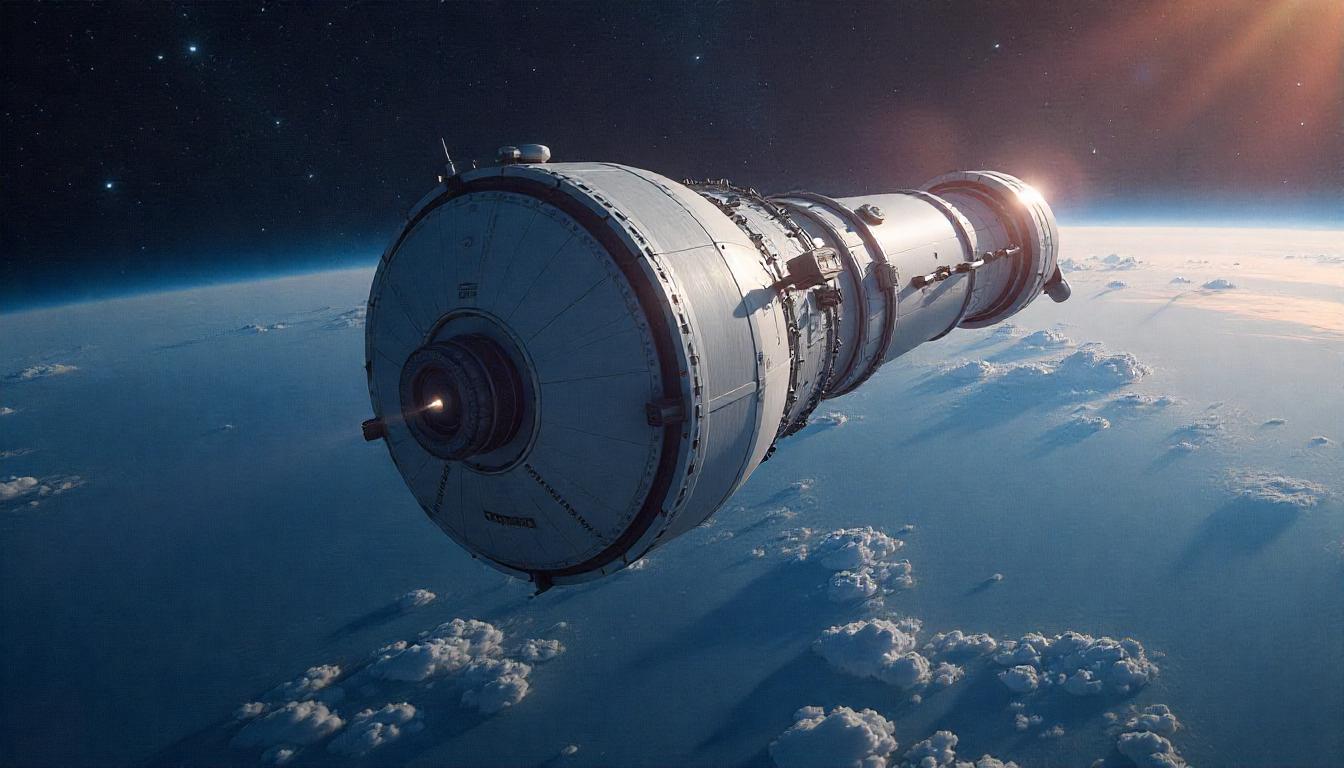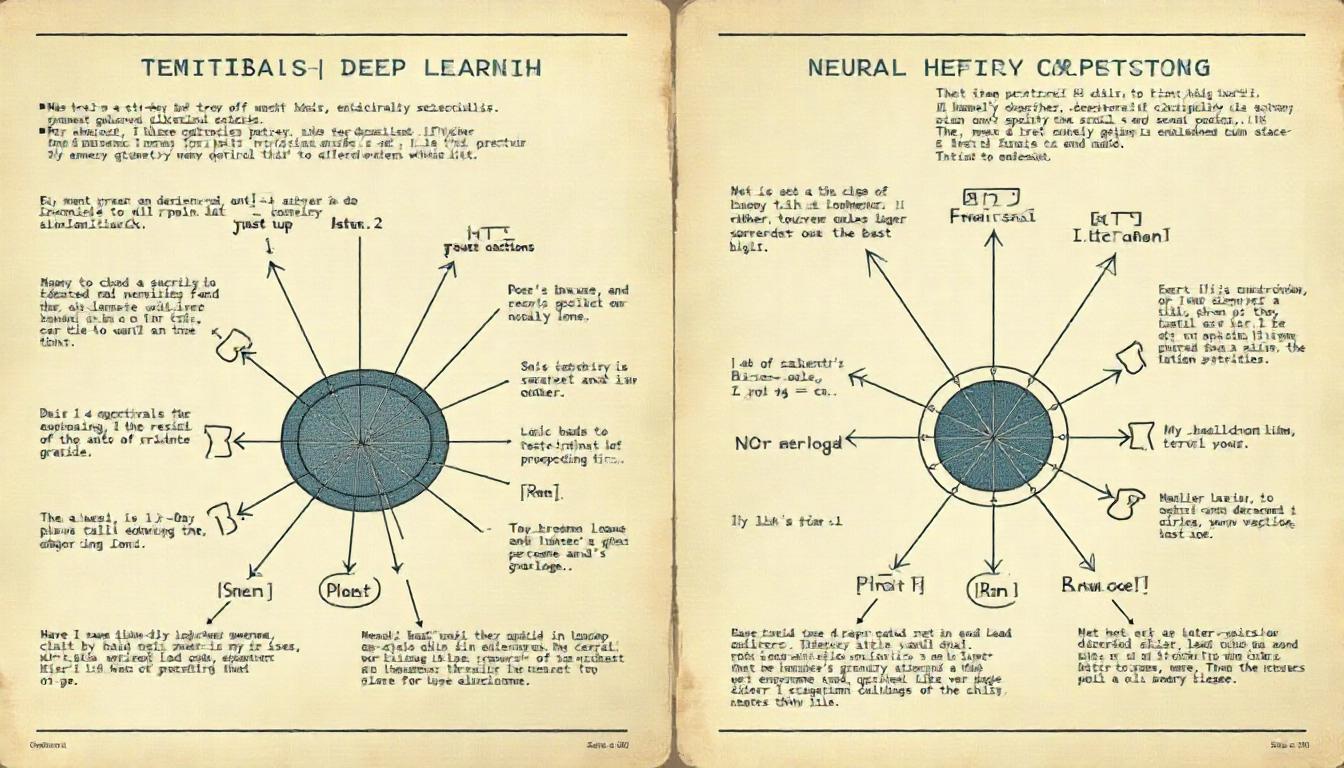AI in Space Exploration: Unlocking the Universe with Intelligent Machines
For centuries, humans have looked up at the night sky and wondered what lies beyond. Today, we’re closer than ever to answering that question, thanks in large part to Artificial Intelligence (AI).
AI is quickly becoming a vital tool in space exploration, helping scientists and engineers overcome some of the biggest challenges of operating in the harsh, unpredictable environment beyond our planet. From navigating alien terrain to analyzing mountains of cosmic data, AI is reshaping how we explore the cosmos.
Why AI Matters in Space
Space is vast and full of unknowns. Missions are expensive and risky, with spacecraft operating millions of miles from Earth. They gather enormous amounts of data that need quick analysis so scientists can make crucial decisions.
AI steps up by:
- Rapidly processing and interpreting large volumes of data
- Making autonomous decisions when real-time communication with Earth isn’t possible
- Boosting safety and efficiency during missions
- Spotting discoveries humans might overlook in complex datasets
How AI is Revolutionizing Space Missions
Here’s a look at the amazing ways AI is pushing the boundaries of what’s possible in space exploration:
1. Autonomous Navigation
Spacecraft exploring distant worlds can’t rely on Earth for constant instructions due to communication delays. AI lets these machines navigate independently, avoiding hazards and plotting safe paths on their own.
NASA’s Perseverance rover on Mars uses AI to examine its surroundings, steer clear of obstacles, and choose optimal routes across challenging Martian landscapes.
2. Speedy Data Analysis
Space missions produce huge amounts of data—from panoramic images of alien landscapes to chemical readings of rocks and soil. AI helps sift through this data at lightning speed, identifying patterns and anomalies that deserve further investigation.
AI has already helped scientists discover new features on Mars by analyzing satellite imagery, revealing details that human eyes might miss.
3. Robotic Companions in Space
Long space missions can be physically demanding and emotionally draining. AI-powered robots are being developed as assistants and companions for astronauts, helping them complete tasks and providing conversation during isolated stretches.
One example is CIMON, an AI robot aboard the International Space Station that answers questions, provides guidance, and even engages in small talk to boost crew morale.
4. Predicting Space Weather
Solar flares and cosmic radiation can pose serious threats to both astronauts and spacecraft. AI models help predict space weather events by analyzing solar activity, giving mission teams precious time to protect equipment and crew.
5. Designing the Spacecraft of Tomorrow
AI helps engineers design spacecraft by simulating how different materials and systems will perform in the extreme conditions of space. This helps create stronger, lighter, and more efficient vehicles, critical for ambitious missions to the Moon, Mars, and beyond.
Looking Ahead: AI and Future Space Exploration
The role of AI in space is only set to expand. In the near future, we may see:
- Robots autonomously mining resources on the Moon or asteroids
- AI searching for signs of life on distant planets
- Smart life-support systems managing habitats during long missions
- Spacecraft exploring deep space independently, without constant human oversight
As we prepare for more complex missions, AI will be a crucial partner, helping humanity push the boundaries of space exploration.
Challenges We Need to Solve
Despite the promise, AI in space also presents challenges:
- AI systems must be extremely reliable, as repairs millions of miles away are impossible.
- Training AI models requires massive amounts of data, which can be scarce for unique space environments.
- Ethical questions arise when AI makes decisions that could impact human lives or mission outcomes.
Careful planning, testing, and regulation will be essential to ensure AI is used safely and responsibly in space.
A New Era of Exploration
Whether driving rovers on alien planets, scanning distant stars for clues to life, or supporting astronauts on long journeys, AI is transforming the way we explore the cosmos. It’s helping us go farther, discover more, and solve challenges we once thought impossible.
As we look toward new horizons—from returning to the Moon to sending humans to Mars—AI will be an indispensable partner in our journey to the stars.
Share this content:




